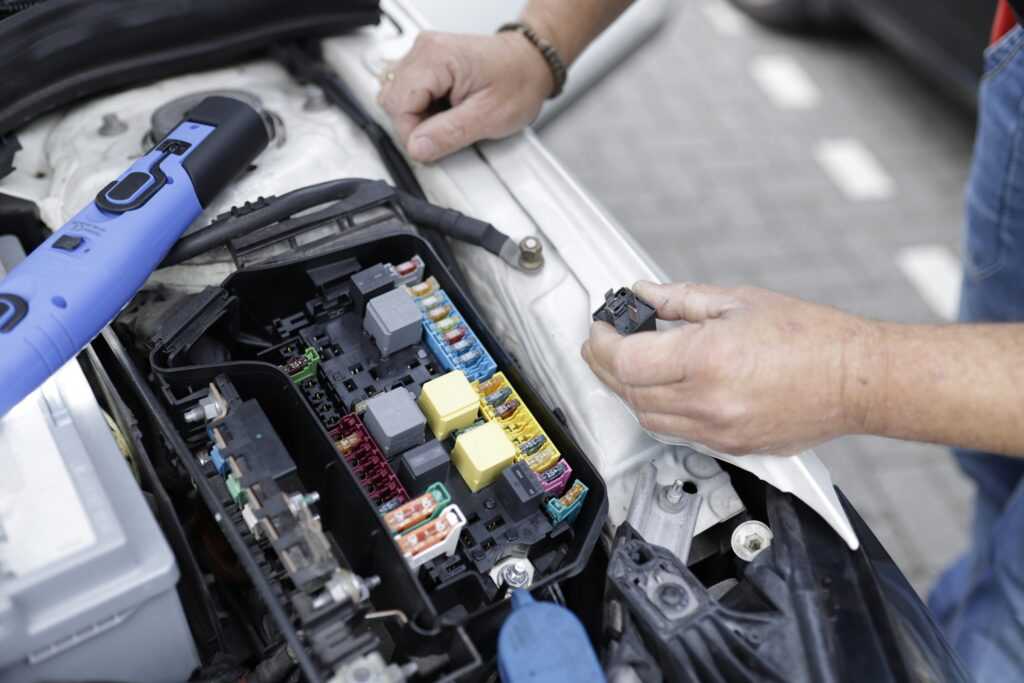The Vacuuming Process
When you turn on a vacuum cleaner and start suctioning up dirt and debris, ants unfortunate enough to be in the vicinity may also get caught up in the suction. As the airflow created by the vacuum pulls them in, they may get sucked into the vacuum cleaner’s dust bag or filter.
Survival Skills
Ants are resilient creatures with impressive survival skills. Some species have been known to survive extreme conditions, such as floods and droughts. When faced with the threat of a vacuum cleaner, ants may use their quick reflexes to try and escape. They may also release a chemical signal to alert other ants in the vicinity of the danger.
Impact on Ants
In most cases, ants that get vacuumed up do not die immediately. They may end up in the dust bag or filter of the vacuum cleaner, where they will have limited access to food and water. Without a way to escape, they may eventually succumb to dehydration or starvation. Additionally, the rough handling and lack of oxygen in the dust bag can also contribute to their demise.
Ethical Considerations
While it may be tempting to use a vacuum cleaner to get rid of ants in your home, it’s important to consider the ethical implications. Ants, like all living creatures, deserve to be treated with respect and dignity. Instead of vacuuming them up, consider using nonlethal methods to deter ants, such as sealing off entry points or using natural repellents.
Conclusion
In conclusion, while ants may not die immediately when vacuumed up, the process can still be harmful to them. It’s essential to approach pest control with compassion and consideration for the wellbeing of all creatures, no matter how small. Next time you encounter ants in your home, think twice before reaching for the vacuum cleaner.



